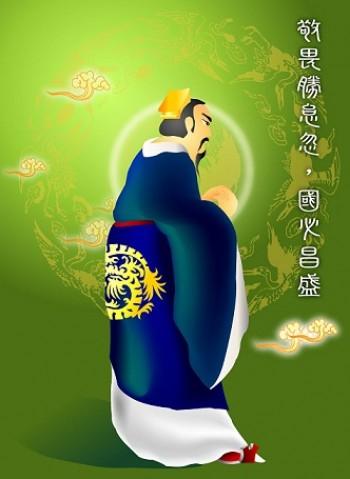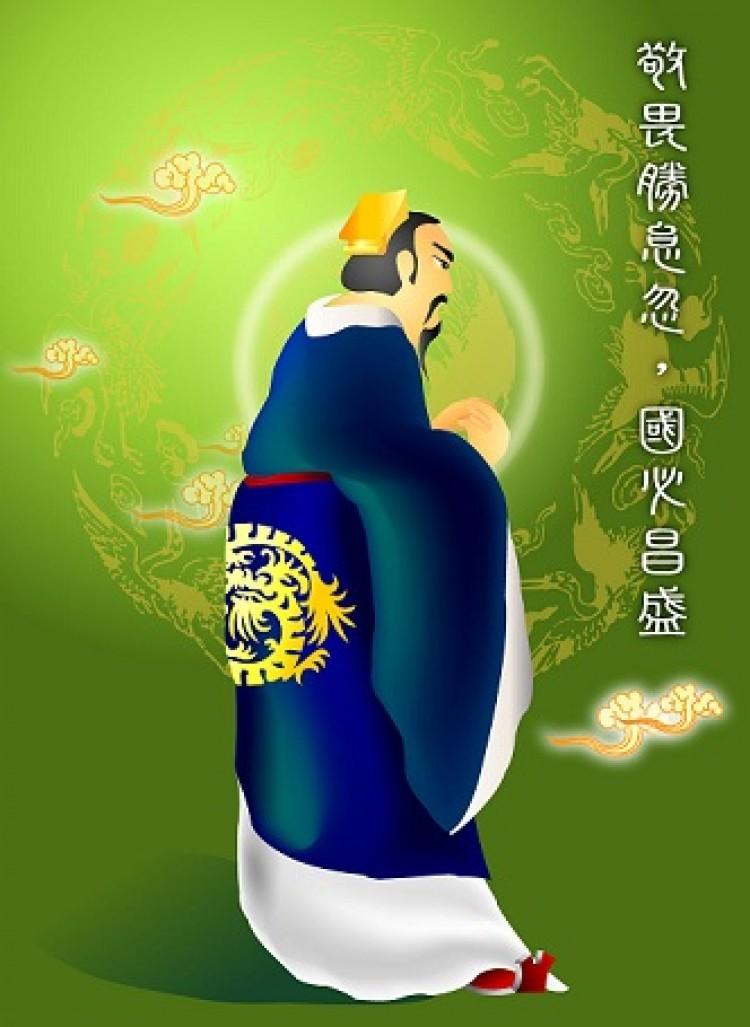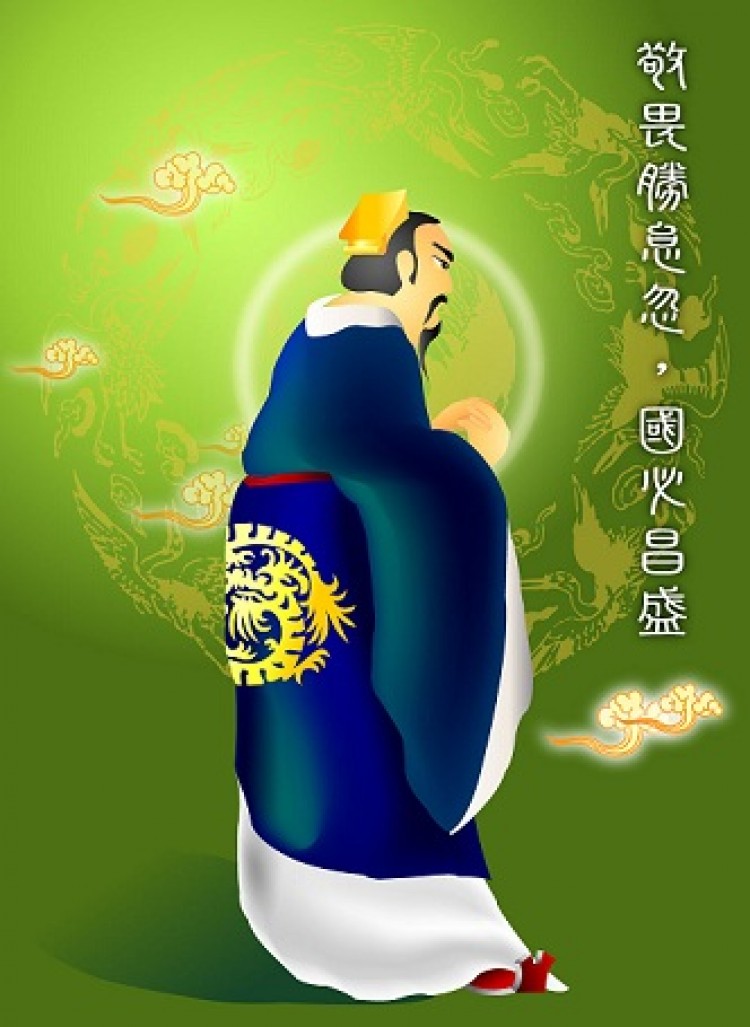King Wu: Zhou Dynasty’s First Emperor Respects Heaven
King Wu of Zhou was the son of King Wen of the Zhou Kingdom. In the twelfth year after King Wu succeeded to the throne, he started the Zhou Dynasty (B.C. 1122—B.C. 222).

King Wu faithfully followed his ancestors’ teachings. The ancients advised rulers to be diligent and upright, to revere Heaven, love the people, and to reject idleness and extravagance. They warned that the affairs of a ruler will be thwarted if his selfish desires overcome moral principles. Jessica Chang/Epoch Times

Stephen Gregory
Publisher
|Updated:





